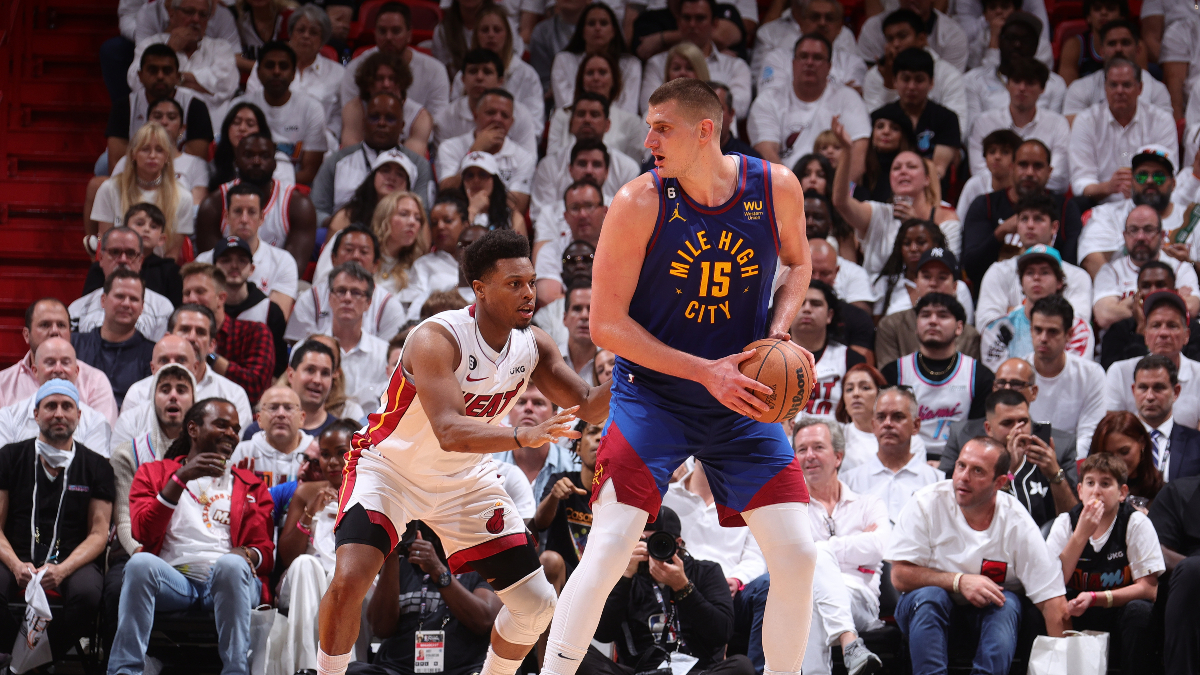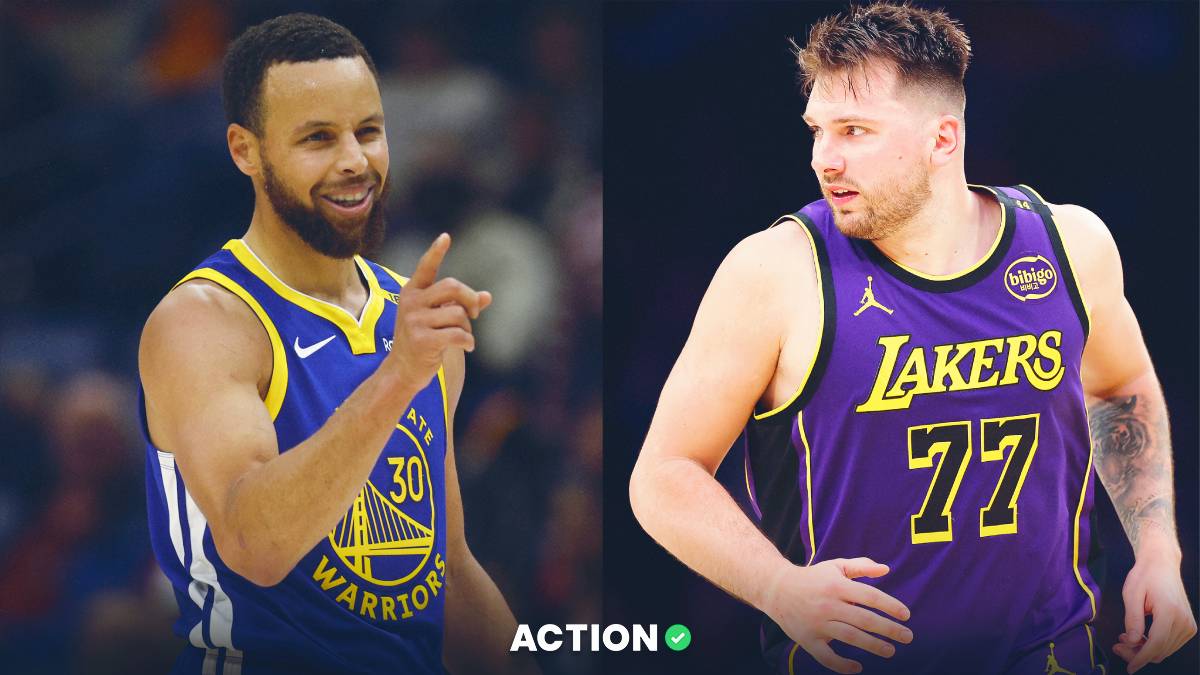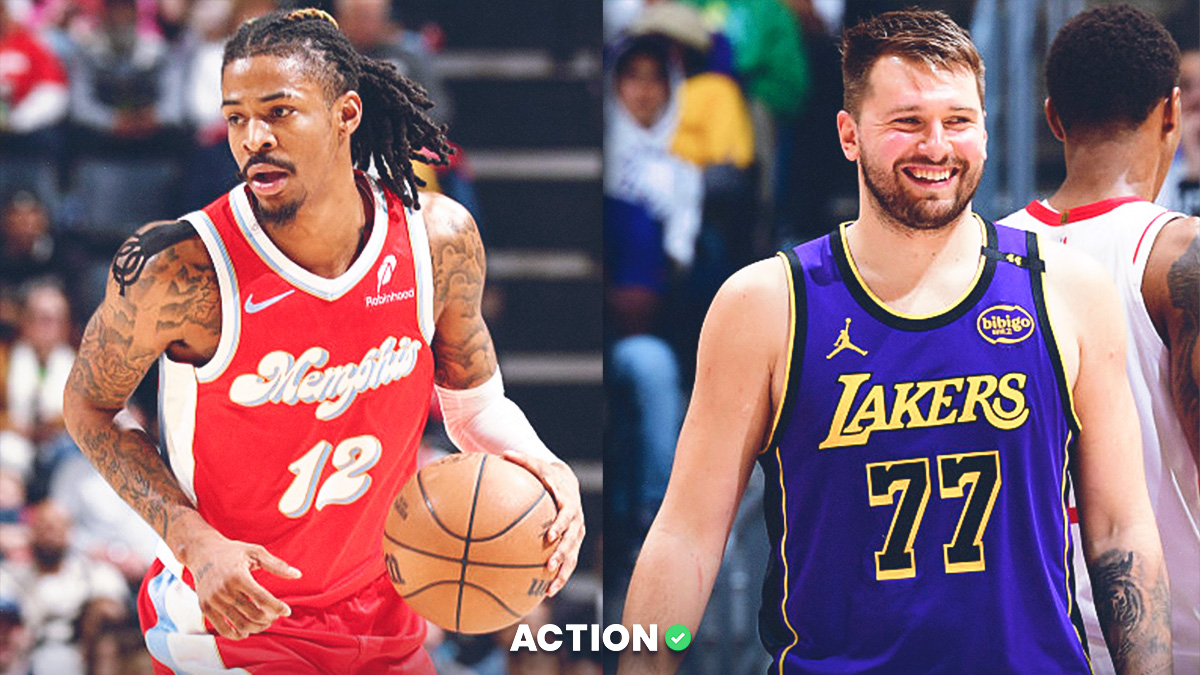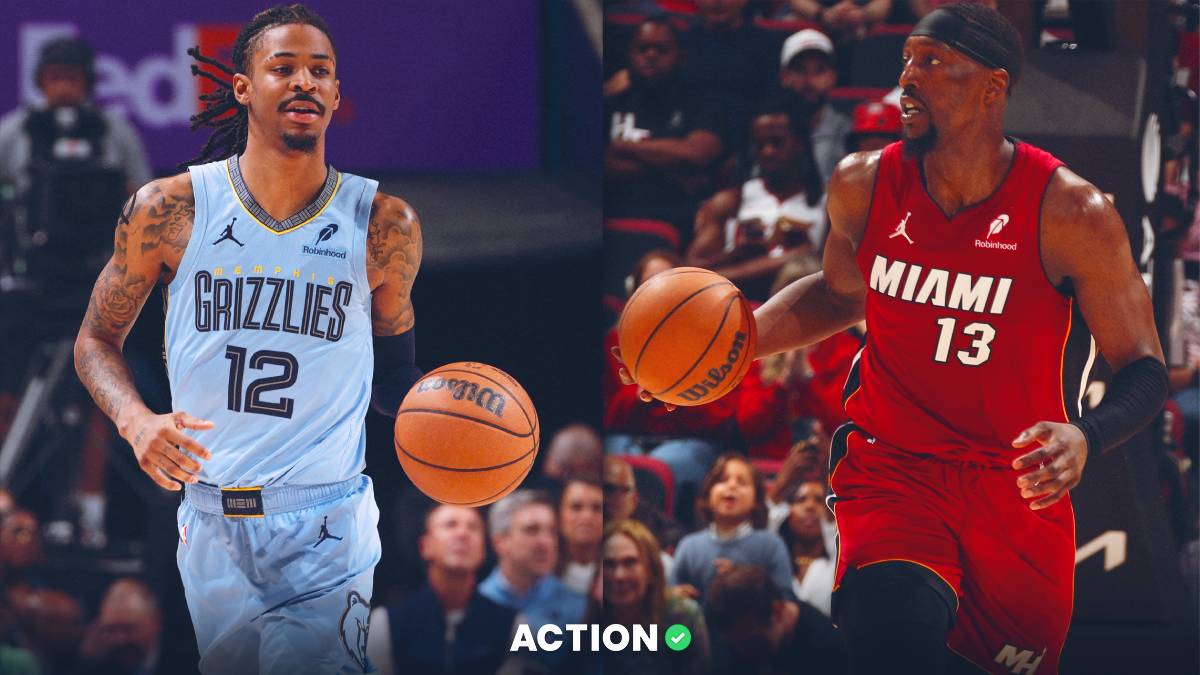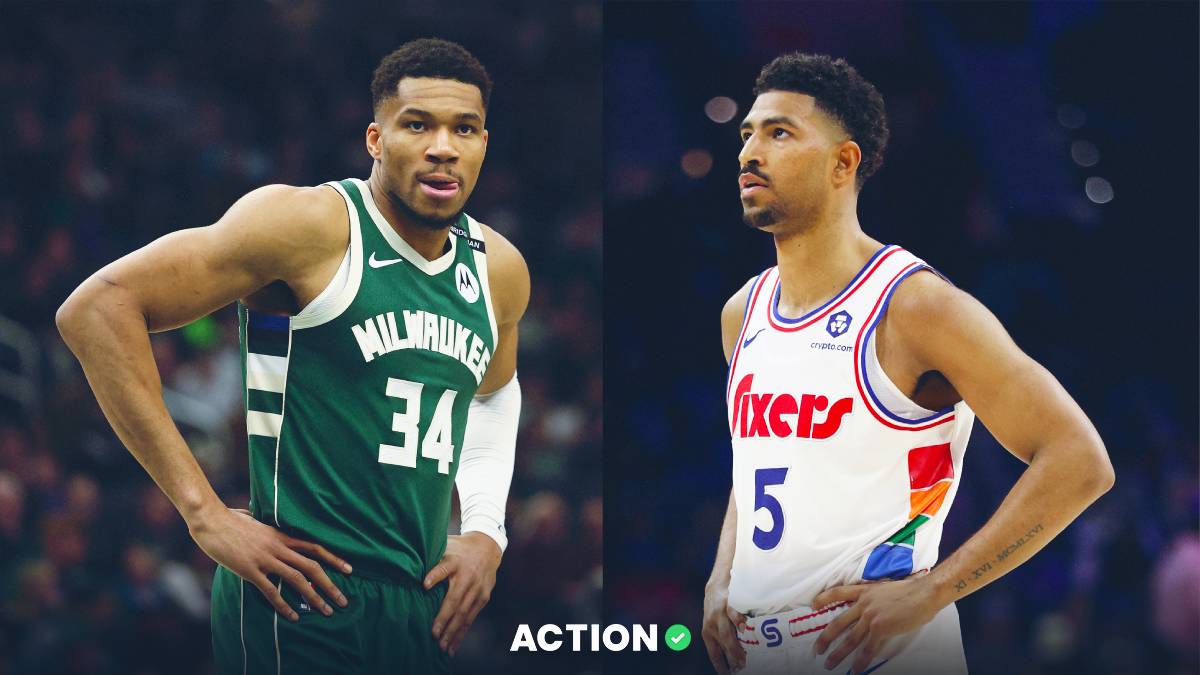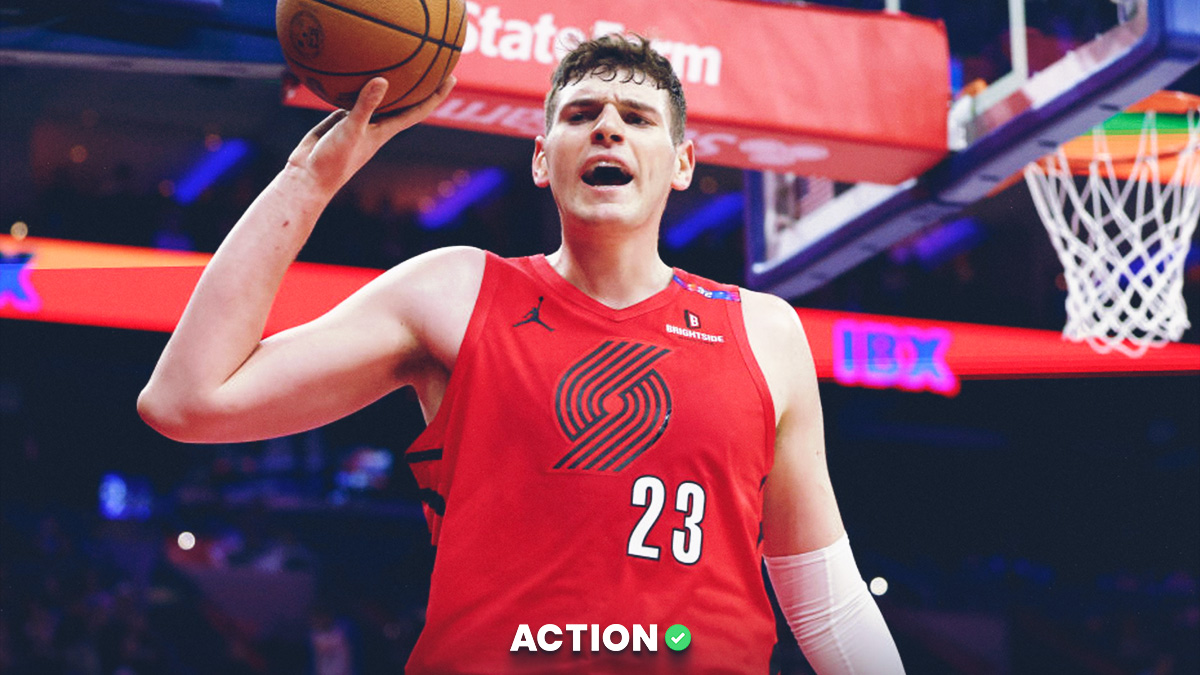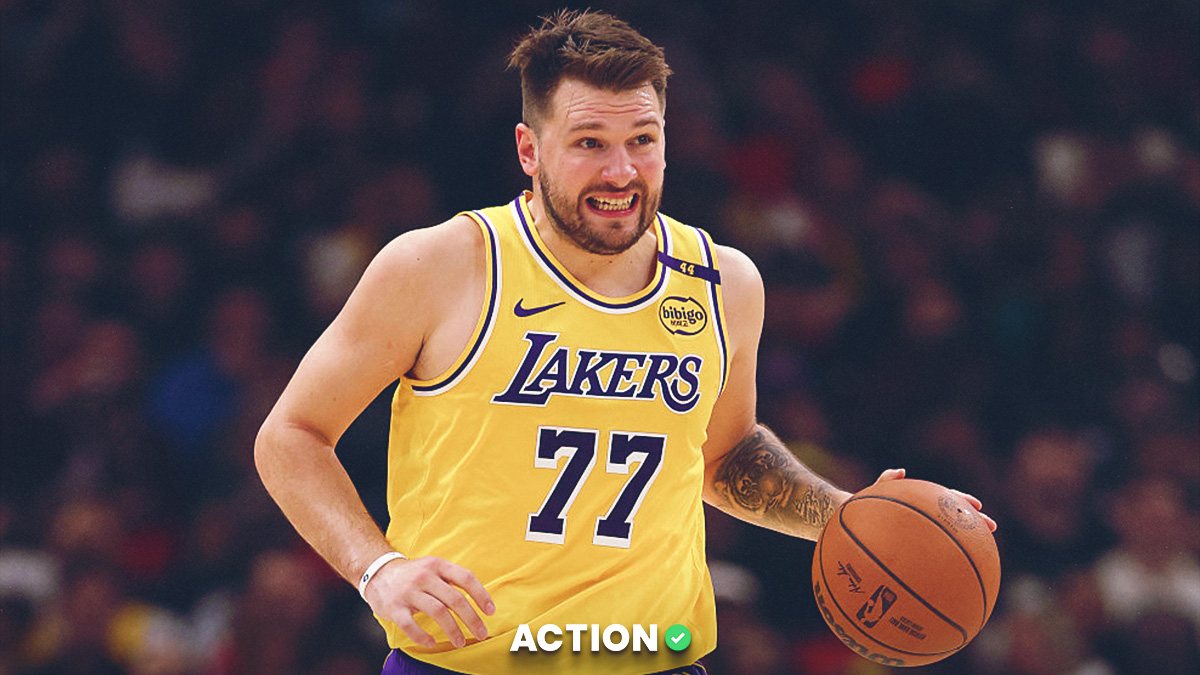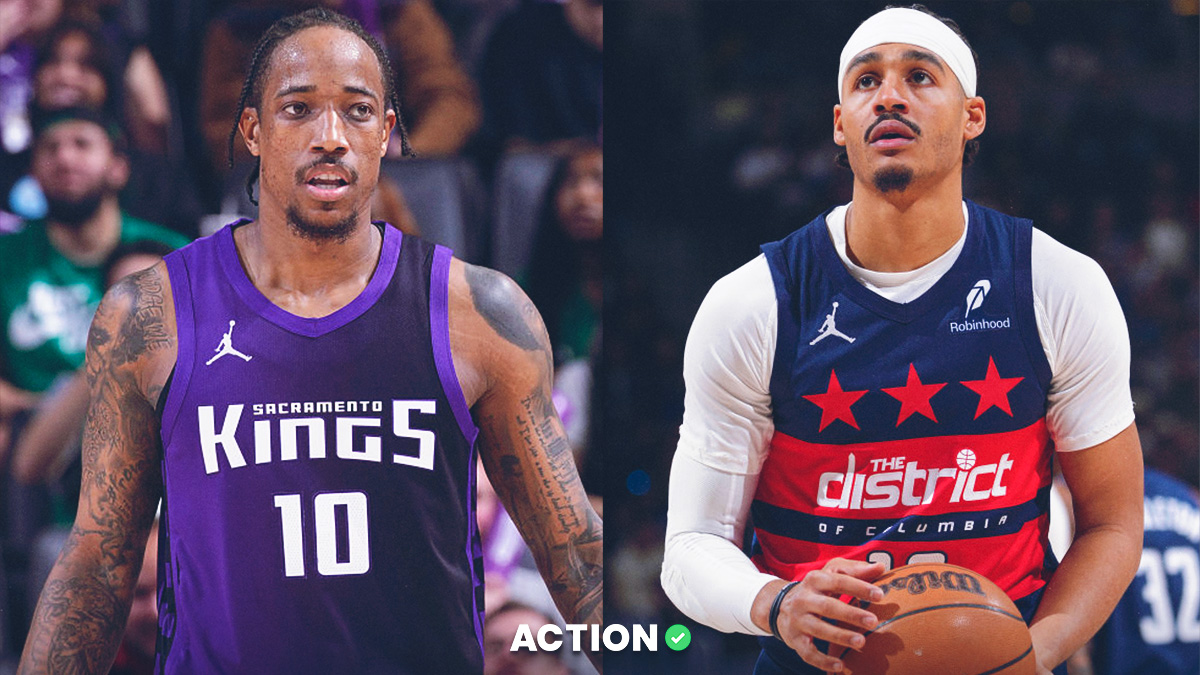MIAMI — The Nuggets told us they would be better in Game 3 of the NBA Finals.
They were.
On a night when Nikola Jokic added another stamp in his passport book of NBA Greatness with the first Finals 30-20-10 triple-double, the Nuggets answered everyone who wondered if they would back up their vow to play with more effort and energy than in Game 2.
On a night when Jamal Murray recorded his first playoff triple-double, making him and Jokic the first duo in NBA playoff history — not Finals history, playoff history — to record 30-point triple-doubles in the same game, Denver's defense did just as much to set themselves within two wins of the franchise's first NBA championship.
The Heat shot 8-of-23 in the restricted area in Game 3 and 17-of-46 (37%) overall in the paint.
Miami was 3-of-19 with Jokic as the primary defender. Denver contested 59 shots in Game 3, compared to just 41 in Game 2.
Gone were the blown switches and wide-open 3s allowed in Game 2. Denver helped less on Jimmy Butler drives and dared him to make plays at the rim, which Butler was unable to do effectively. By not helping, Denver stayed closer to Miami's shooters.
The Heat had 38 3-point attempts in Game 2. They had just 27 with 4:30 remaining in the 4th quarter of Game 3, when Duncan Robinson started chucking to try and pull off a miracle comeback.
The formula for the Heat throughout the playoffs and in this series is obvious: slow the game to a crawl and win the margins through execution and 3-point variance on volume.
The formula for Denver has a lot more optional paths, but in Game 3 it was equally obvious: domination from Jokic and Murray in the two-man game and high-level contests. That formula meant that Denver's talent advantage won out. In essence, when you don't allow the Heat to outwork you, their margin for error drops to zero.
"We have a small margin of error, so we got to be more detailed with our stuff," Heat guard Gabe Vincent said after the game.
The margin for error in any Finals game, theoretically, should be small, but there's something more to this. The Heat have reached the Finals by dropping the other team's margin for error to zero and winning in the small clutch plays.
Denver simply denied the Heat that in Game 3, and the talent gap led them to a 2-1 series lead.
Jokic predictably brushed aside all discussion of his historic night, telling reporters "it doesn't mean much" after the game.
Murray was explosive and efficient at the same time.
But both players led their team on both ends of the floor to a 2-1 series lead.
Questions Entering Game 4
Line: Nuggets -3
Total: 210.5
- Erik Spoelstra is running out of options. He burned the Kevin Love adjustment in Game 2; the Heat were annihilated in Love's minutes in Game 3, allowing a 122 defensive rating and only generating 87.5 points per 100 possessions, which is very, very bad.
- So now the question becomes, "Does Spo go deeper into the bag?" Bear in mind that not every tactic Spoelstra can try will work, and he knows that. One counter might be to move Haywood Highsmith, who has given good minutes but didn't play much in Games 2 or 3, more minutes, and conceivably attempt the same tactic the Lakers tried with a smaller player defending Jokic and Bam Adebayo playing off Aaron Gordon and roaming.
- There's also the Tyler Herro question. The Heat have not made it sound like Herro is in a good position to play currently; he still has yet to be cleared to play. But with Game 4 ostensibly a must-win and the Heat badly needing shot creation to make up for Jimmy Butler's struggles, is Herro the emergency button?
- Miami faces two distinct issues. If they go smaller, they have more shooters but can't create or convert shots inside, can't defend Jokic, and can't keep the Nuggets off the glass. If they go big, they don't have enough offensive firepower to keep up.
- It's possible that instead of Herro, Spoelstra turns to Duncan Robinson, who has played well in this series so far and tries to spark the starting unit with Robinson's shot-making. Denver took more advantage of Robinson in his fourth quarter zone coverage behind Christian Braun's surprise performance, but that might be Spoelstra's best option.
- For Denver, there will likely come a point in this series where their role players will need to have big games. Aaron Gordon contributed in Game 3 but only scored 11 points (albeit on 50% shooting with 10 boards and five dimes). Michael Porter Jr. continues to be snakebit with his open 3s rattling halfway down and out, and Kentavious Caldwell-Pope can't find the bottom of the net either.
- Denver made up for a bad 3-point shooting night — a dominant win would have been a laugher had good looks gone down — by attacking the rim constantly and finding gaps in Miami's coverage. Jimmy Butler swore Miami would be more physical and play with more effort in Game 4. Can Denver make enough shots on the outside?
- So much for the "make Jokic a scorer" idea. Jokic had 10 assists, and while four of them were to Murray, he also developed chemistry with Braun to break the Heat zone and found Gordon under the rim.
- The Heat went to blitzing Murray in the second half of Game 3. They'll work to try and make the two-man game work against Denver in Game 4; they'll likely bring more help in the two-man game and dare anyone else on Denver to hit shots. If they can't, it'll be trouble.
Tatum & Brown: 6 total assists to each other in 7 games vs. Miami.
Jokic & Murray: 27 total assists to each other in 3 games vs. Miami.
Big difference when the 2 best players play off each other. https://t.co/RnDPx3uSNT
— John Schuhmann (@johnschuhmann) June 8, 2023
- However, even when the Heat showed help in Game 3, Jokic patiently moved away from it, then spun away for scores. The Heat are going to have to get outside their comfort zone in Game 4.
- Which won't matter if they can't score on their own. Miami is either going to need Butler to find the burst that's been missing since he suffered his ankle injury in the Knicks series or find someone else to create shots off the bounce. (Hence, the Herro discussion.)
- Bam Adebayo has battled in this series, but asking him to hold the offense up game after game with floaters is simply not sustainable. Miami needs a third guy.


